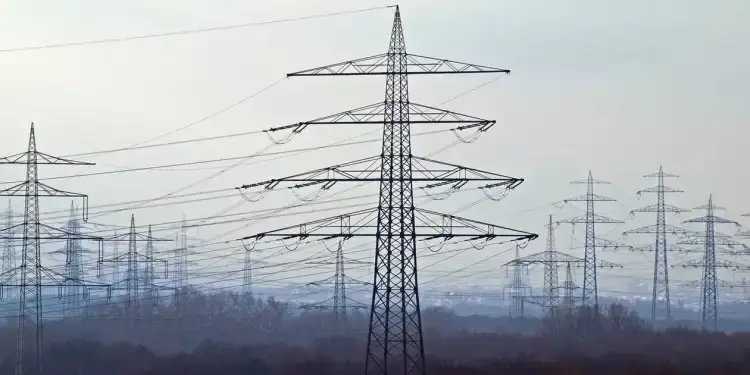Saturday, March 8, 2025, the US administration announced the non-recondition of an exemption granted to Iraq, allowing it to import electricity from Iran. This decision is part of the “maximum pressure” policy that the United States has relaunched under the chairmanship of Donald Trump.
Since 2018, this derogation has allowed Baghdad to bypass American economic sanctions targeting Tehran, but the White House has decided not to extend it, believing that it was essential to prevent any form of financial relief for Iran.
A spokesperson for the United States Embassy in Baghdad confirmed the measure, stressing that it was aimed at giving no “economic or financial relief” to Iran. Washington also calls on the Iraqi government to detach itself from its energy dependence on Tehran. This position is supported by the Iraqi Prime Minister’s commitment to strengthen the country’s energy independence, an objective deemed crucial for Iraq, of which an important part of electricity comes from its Iranian neighbor.
The cancellation of this exemption is part of a series of measures aimed at strengthening economic sanctions against Iran, in order to limit its nuclear and ballistic capacities, while highlighting American support for local initiatives like that of Iraq to diversify its energy sources. The Iraqi government, faced with this new reality, explores other alternatives, such as importing Turkmen gas or the use of floating ships specializing in the production of gas, in order to maintain the stability of its energy supply.
The end of this derogation comes as the Trump administration pursues a rigorous strategy of pressure against Tehran. The spokesman for the US National Security Council James Hewitt has reaffirmed the firmness of the policy, declaring: “The Iranian regime must choose between the end of its nuclear ambitions or increased pressure. However, Tehran remains inflexible, claiming that his nuclear program is for peaceful purposes and rejecting the accusations of aiming to acquire atomic weapons.








